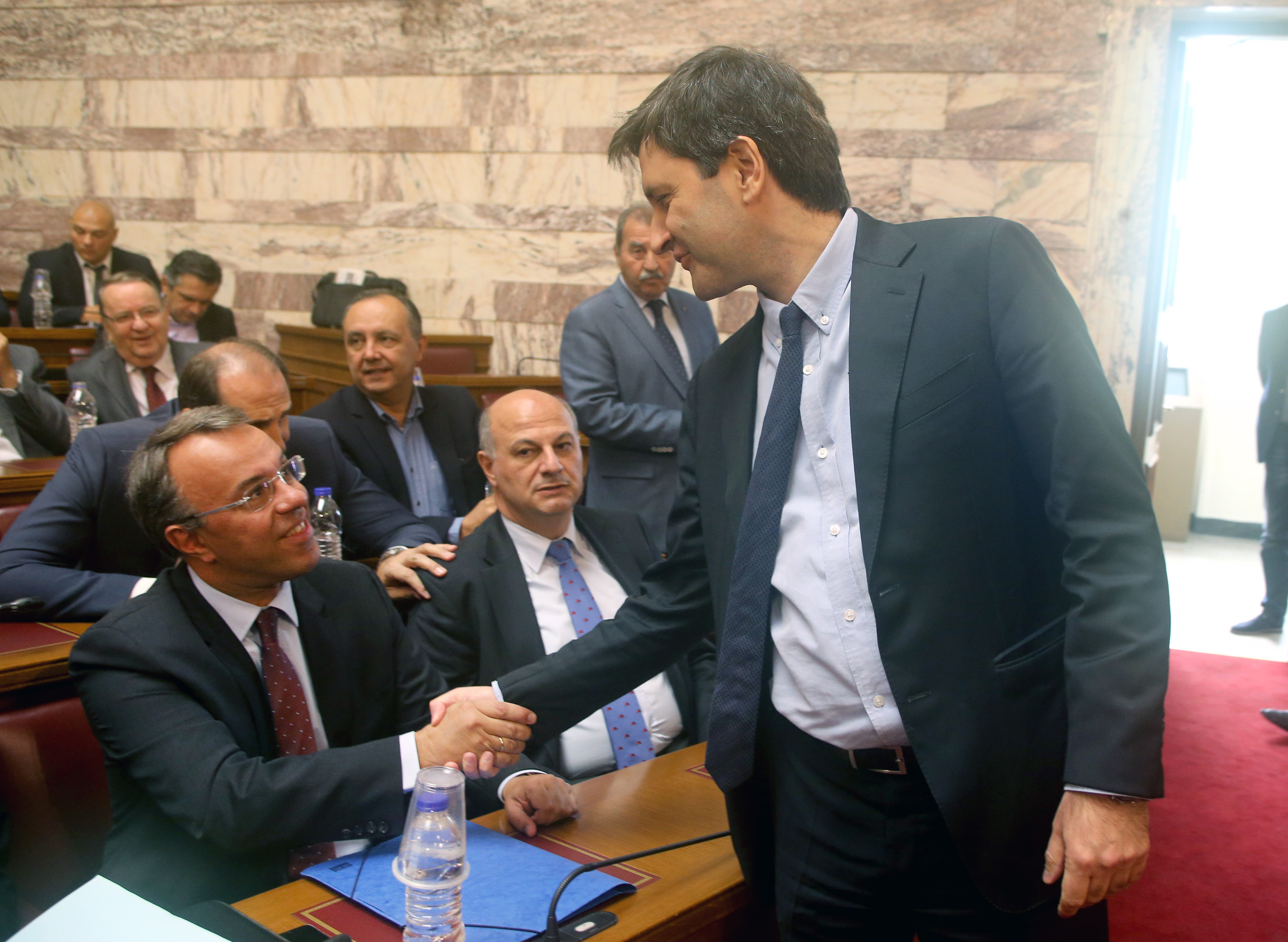The closing of the third fiscal programme evaluation in January will in essence mark the end of Greece’s current bailout memorandum, which formally expires in August, Alternate Economy Minister Yorgos Houliarakis told a parliamentary committee.
“The programme will be completed in substance in January, 2018. The remaining conditionalities involve actions already agreed upon,” Houliarakis said, predicting that a period of economic recovery will follow, combined with a discussion on debt relief, between January and March.
In addition, Greece and its creditors must agree on a post-memorandum fiscal oversight mechanism.
Houliarakis said that Greece will be able to return to the markets without an emergency credit line.
He said Greece will have a fiscal cushion of between 12-15 billion euros, from both primary surpluses and nine billion euros from the ESM mechanism. The monies after one or two years of normalcy will be put into an emergency stabilisation fund to protect against a possible future European economic crisis.
Denying press reports, Houluiarakis said that the 2018 budget will not include even an iota of additional austerity measures. He said that the aim of the 2018 budget is to maintain “public finances on a viable path with the attainment of an ambitious yet feasible 3.5 percent GDP surplus”, which he admitted is very high.



